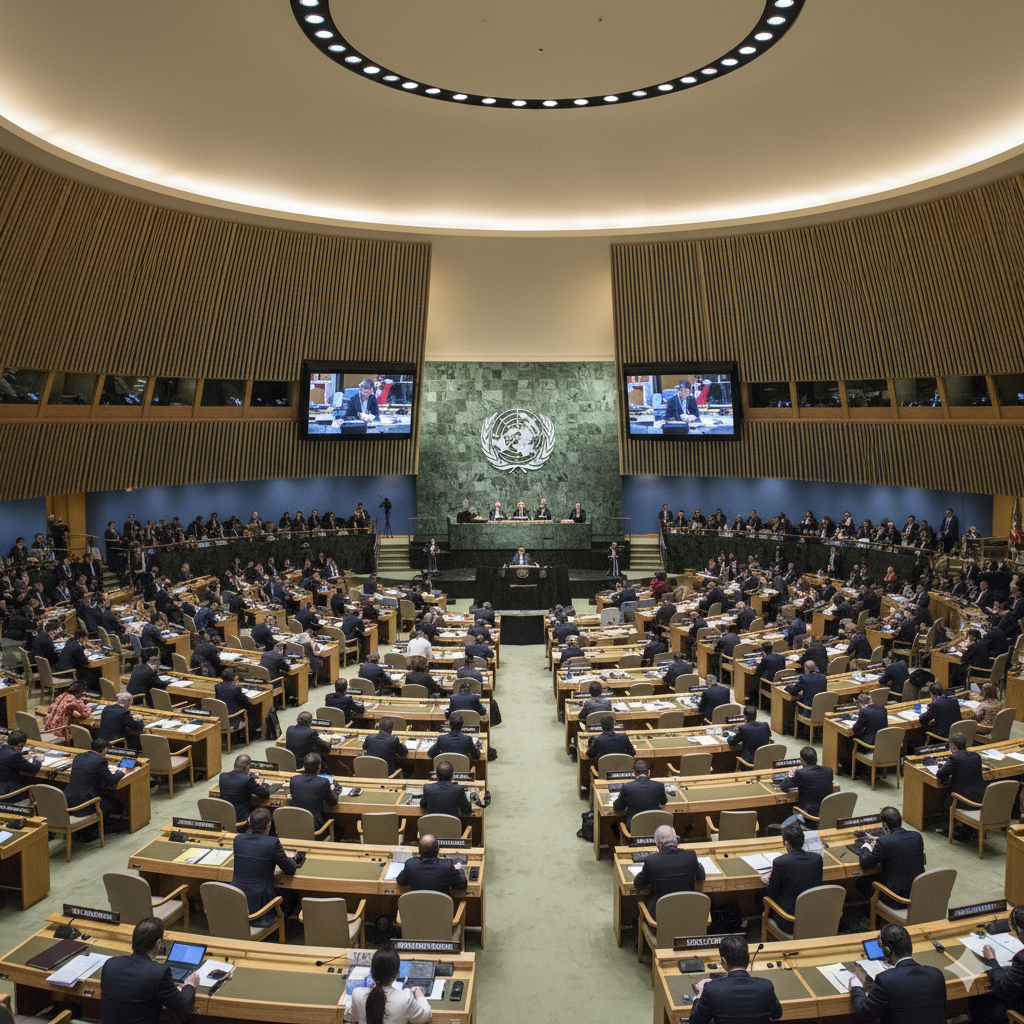On the 17th, UN Secretary-General Guterres warned while presenting the proposed 2026 budget to the Fifth Committee of the General Assembly (Administrative and Budgetary Committee) that if member states do not pay their dues in full and on time, the United Nations will face a bankruptcy crisis.
Guterres stated that the revised budget reduces the regular budget for 2026 to $3.238 billion, a decrease of $577 million, or 15.1%, from the approved budget for 2025. The revised budget also cuts the number of posts from the original proposal of over 13,800 to fewer than 11,600.
Guterres said that as of the end of September this year, the UN had only received 66.2% of its assessed annual contributions, compared to 78.1% during the same period last year. Given the uncertainty of income, even after cutting nearly $600 million in expenditures, the UN’s deficit by the end of this year could still exceed $450 million.
Guterres said, “This will deplete almost all of our liquid cash reserves,” and “We will also have to refund $300 million to member states in early 2026 for offset deductions.” He stated that the UN will further cut spending, and expenditures in 2026 will once again be below budget.
Guterres indicated that the current liquidity crisis will not only affect next year but could also spill over into 2027. The UN may face having to refund $600 million to member states in 2027, which accounts for about 20% of the budget. He warned that this means the UN is heading towards bankruptcy. The UN must significantly reduce member states’ arrears or suspend the refund of offset deductions.
On the same day, Guterres referred to a report on improving the financial situation. The report recommends suspending refunds of unused appropriation credits to member states when a funding shortage threatens the execution of the following year’s budget. He emphasized that if an agreement cannot be reached on the deteriorating liquidity problem, the UN’s key work programs will face serious threats.
In the coming weeks, the Fifth Committee of the General Assembly will discuss the budget with heads of various departments of the UN Secretariat and programme managers. Subsequently, the relevant reports and recommendations will be submitted to the plenary session of the General Assembly for consideration. The budget is expected to be approved by the end of December.
The funding for the UN’s regular budget comes from the mandatory assessed contributions from member states. According to data provided by the UN, as of October 15 this year, 141 member states had paid their full assessed contributions for the 2025 regular budget. Currently, the United States is the largest “delinquent country” among the UN member states.

